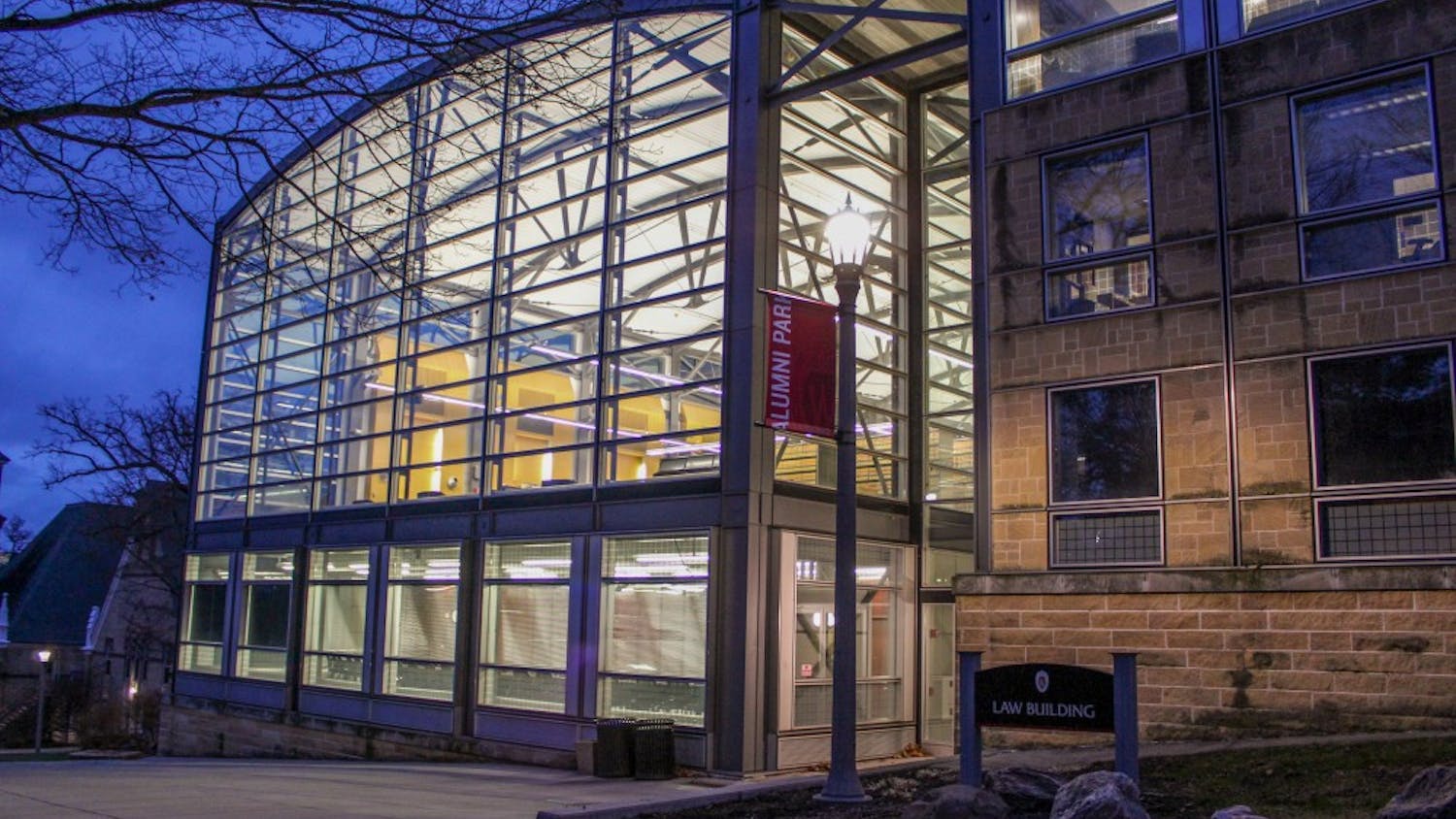As a result of the recent buzz started by the Milwaukee Journal Sentinel's series about drinking in Wisconsin, lawmakers have discussed changing some policies concerning alcohol as well as drunk driving. Wisconsin, according to the Journal Sentinel, is the number one state in the nation in occurrences of drunk driving. We also have one of the most lenient laws on drunk driving in the nation: Wisconsin does not consider drunk driving a felony until an individual's fifth offense. State lawmakers need to crack down on drunk driving now. Passing stricter laws concerning driving under the influence is extremely important. People who consume large amounts of alcohol and then get behind the wheel not only put themselves in danger but others on the road as well.
We all know drinking and driving is bad. When you operate a vehicle while intoxicated, you turn your car into a weapon that can be used to seriously hurt or kill innocent people. According to the Wisconsin Department of Transportation, alcohol-related crashes accounted for 337 deaths and 5,500 people injured last year. In Wisconsin, roughly 41.4 percent of all fatal car accidents include at least one driver who is legally drunk - the third-highest percentage in the nation. Furthermore, an analysis also done by the Journal Sentinel shows that less than half of fifth-time OWI offenders actually spend time behind bars. Evidently, something is wrong. Wisconsin is far too lenient with drunk driving, despite the fact that as a state we are one of the heaviest consumers of alcohol in the nation.
Wisconsin needs to take a firmer stance with drunk driving, and lawmakers must do so now. I can understand giving one or two extra chances to people so they can get help and try to change their behavior, but three or four is really too much. Imposing stricter laws on drunk driving is extremely important and effective at reducing drunk driving. In Illinois, for example, stricter laws regarding driving under the influence were passed in 2004. This included considering third and fourth-time DUIs as felonies, as well as harsher penalties for anyone convicted of drunk driving. Just two years later, Illinois saw roughly 60 fewer alcohol-related fatalities in 2006 than in 2004.
Although enacting harsher penalties for those who drink and drive would be an effective way of reducing fatal accidents on the road, other measures may also need to be taken. Another proposed bill considers whether ignition interlock systems should be required for people who are arrested for OWI and found to have a blood alcohol level above double the legal limit. In addition, Wisconsin is only one of 12 states that currently have a ban on sobriety checkpoints - roadblocks that stop random vehicles to check and see if the driver has been drinking. Enabling police to conduct sobriety roadblocks and implementing ignition interlocks would both be effective means of combating drunk driving.
Employing these measures may have to wait until the economy has stabilized, until taxpayers are willing to pay for them and until there is room in the Wisconsin budget, but these bills should be seriously considered now. The sooner they are implemented, the better off all Wisconsin drivers will be.
Wisconsin lawmakers must realize the current law system regarding drunken driving is far too lenient. Hundreds die every year because of those who choose to drink and drive. People who get behind the wheel of the car are after drinking are putting several people in danger, and those who repeatedly break the DUI laws are even worse. Thus, harsher consequences for, as well as increased regulation of, those who drink and drive should be the aim of Wisconsin lawmakers.
Ryan Dashek is a junior majoring in biology. Please send responses to opinion@dailycardinal.com.





